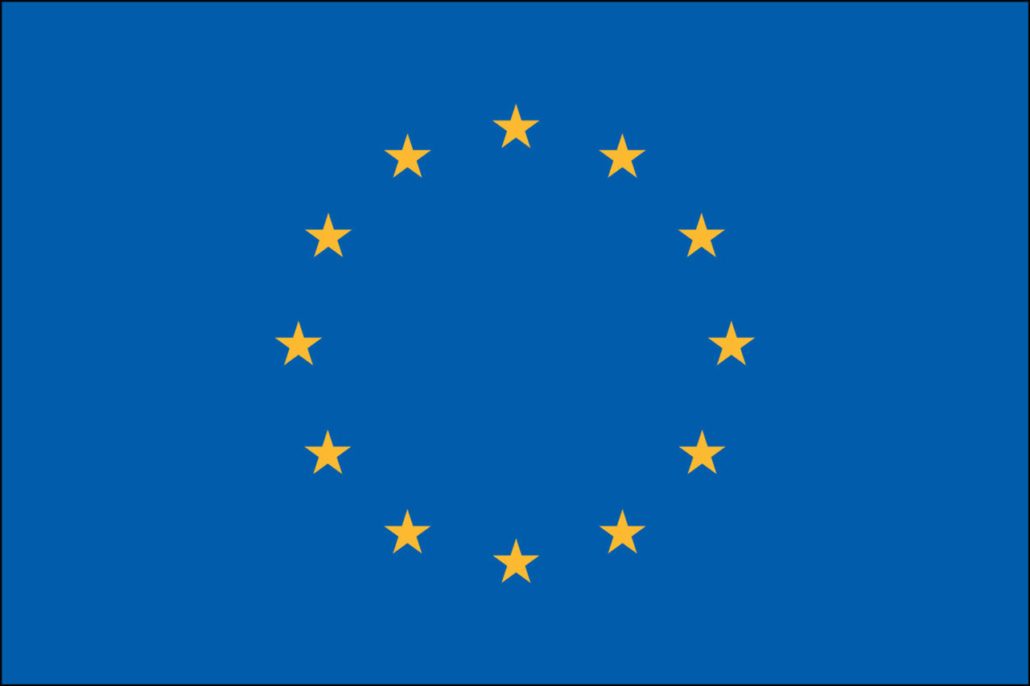This article is brought to you by farminguk.com concerning the approval process of glyphosate.
The EU approval of glyphosate, the main ingredient of the herbicide Roundup, is based on bad science, according to a new peer-reviewed study.
The study, published in the Journal of Environmental and Analytical Toxicology, reveals that industry studies on glyphosate dating back as far as the 1980s, including some by Monsanto, showed that the chemical caused birth defects in lab animals.
But German government authorities tasked with reporting on the industry studies to the EU Commission and member states played down the findings, giving a false impression of glyphosate’s safety. The EU approved glyphosate in 2002.
Seralini found increased incidence of tumours, mortality, and organ damage in rats fed with low levels of Roundup and a GM maize genetically engineered to tolerate the herbicide. The levels of Roundup that were toxic were well below levels permitted in drinking water and feed and thousands of times lower than have been found in British bread.
While the new study confines itself to birth defects, the German authorities’ report shows that the industry studies also indicated a carcinogenic effect from glyphosate. Germany dismissed this effect on the grounds that it does not follow a linear dose-response pattern: the effect does not increase in a straight line upwards as the dose increases.
For more information and the full article refer to the link above.

